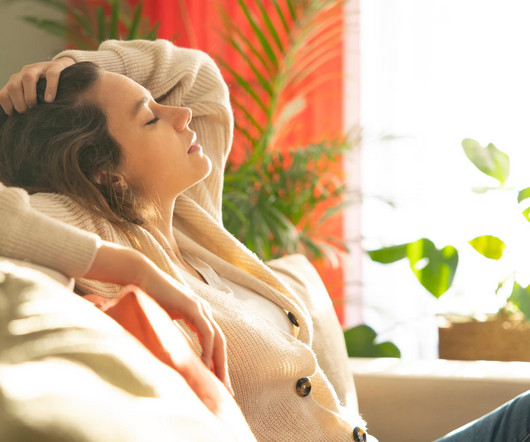Why Women Are More Prone to Anxiety Disorders (and How to Cope)
Lightwork
DECEMBER 26, 2024
This stark difference isn’t just a statistical anomalyit reflects complex biological, social, and cultural factors that shape women’s mental health experiences. Biological Factors Contributing to Anxiety in Women Women’s bodies go through complex hormonal cycles that have a significant impact on their mental health.









Let's personalize your content